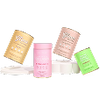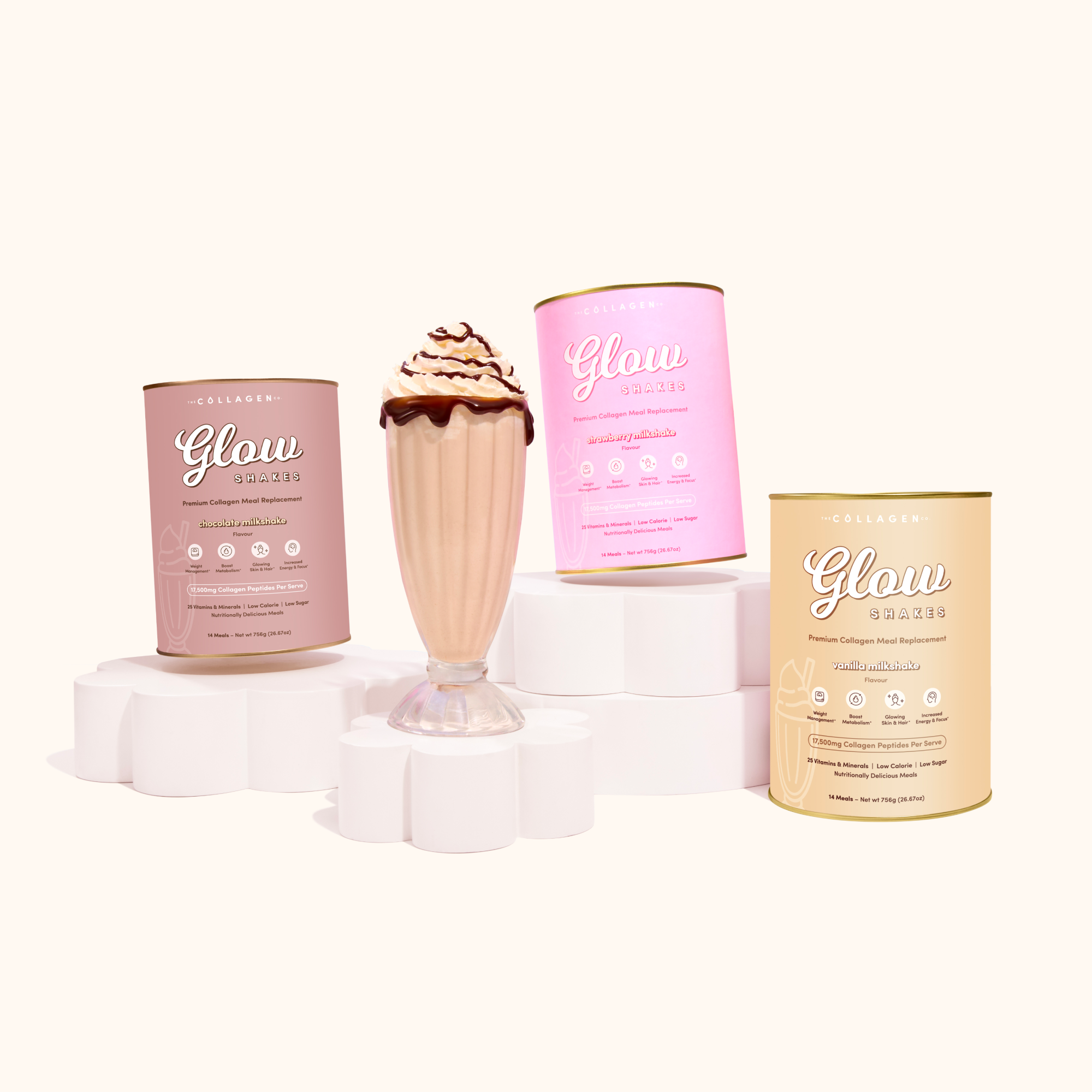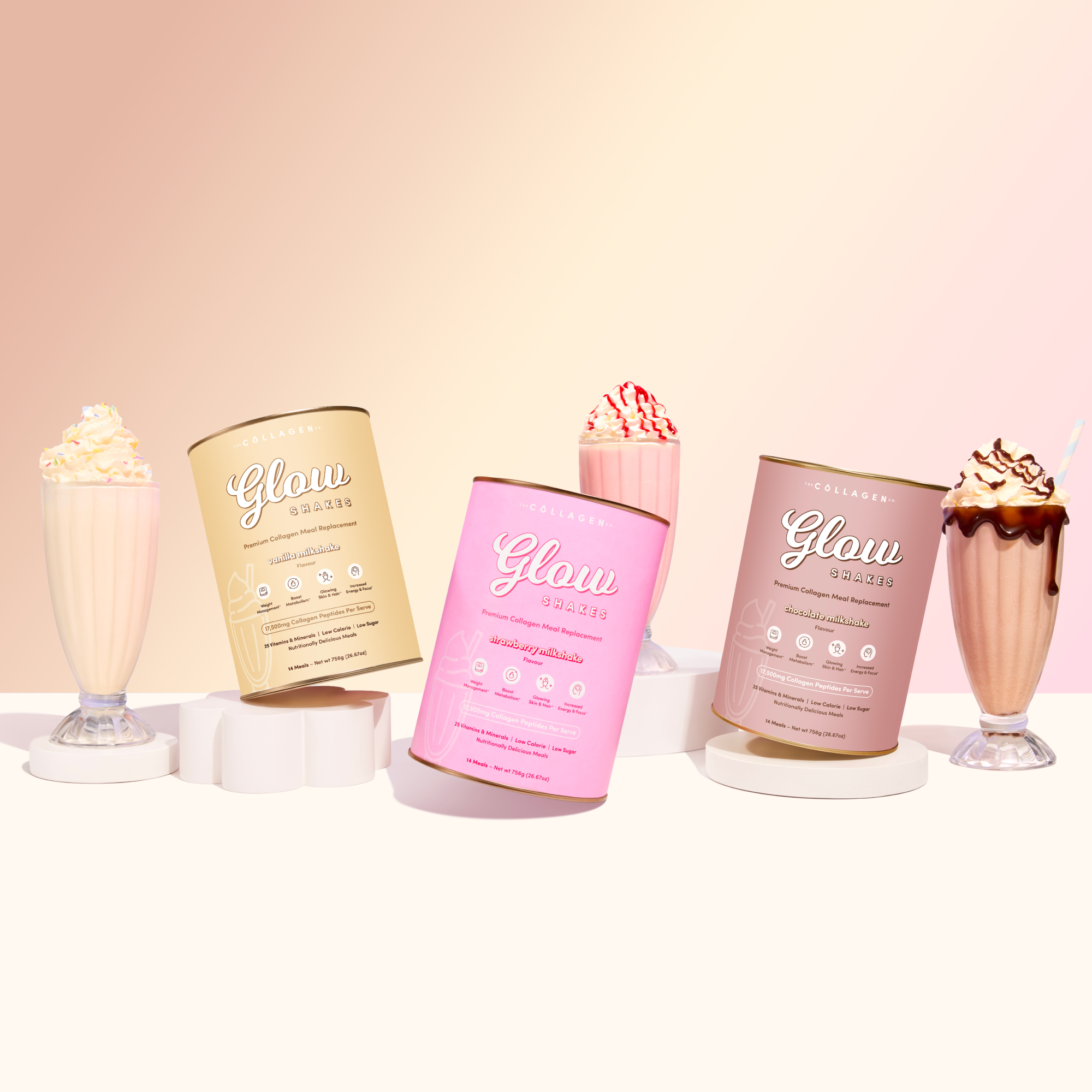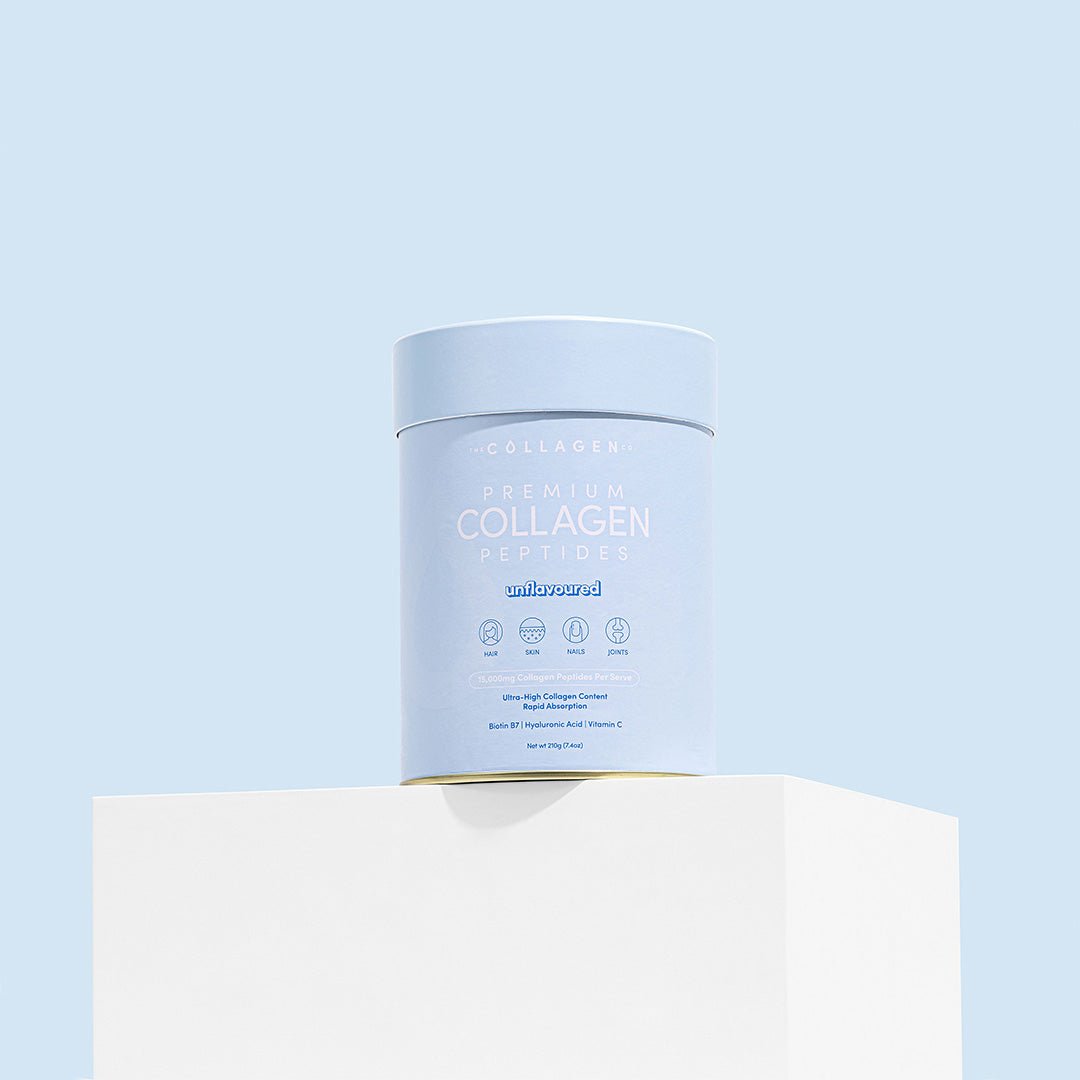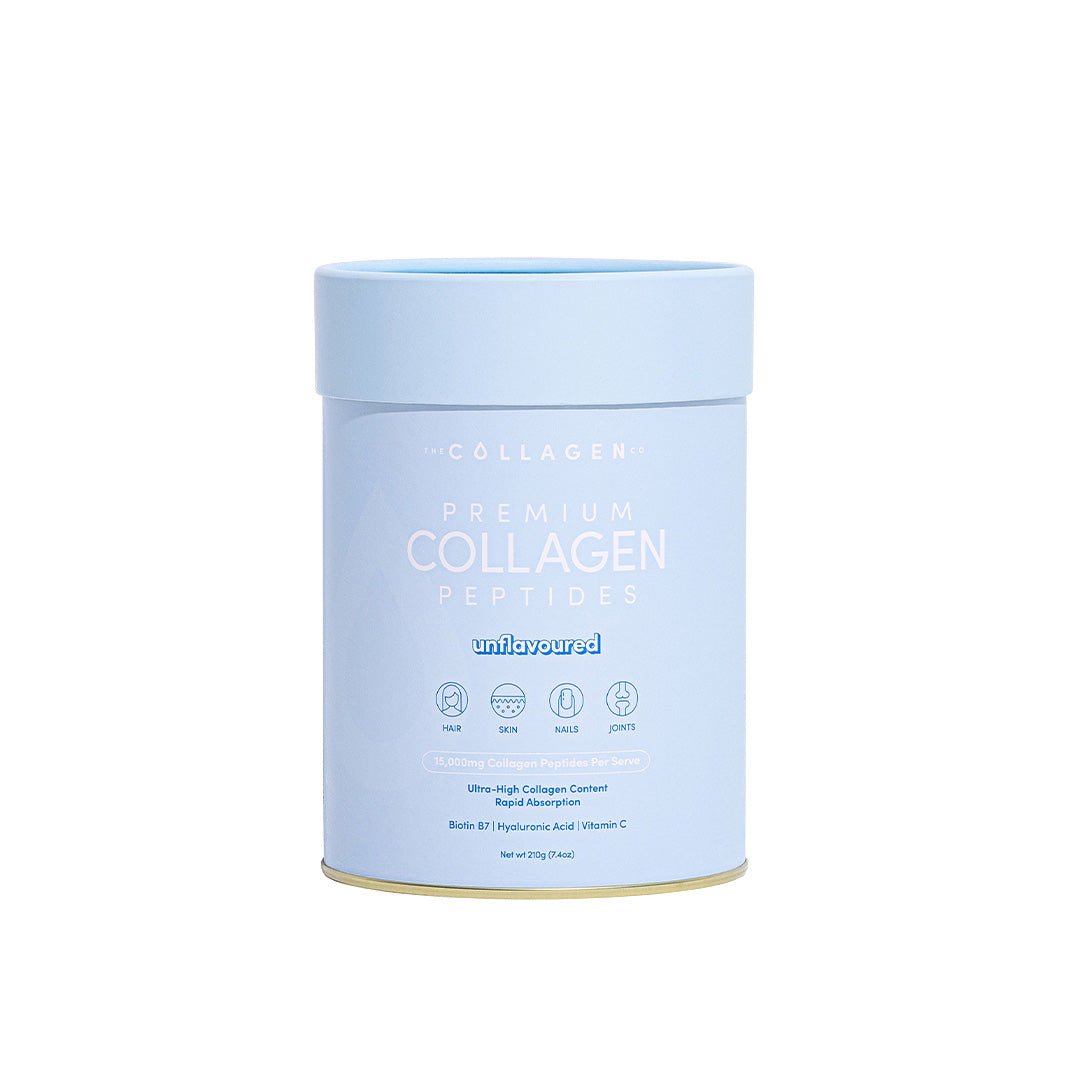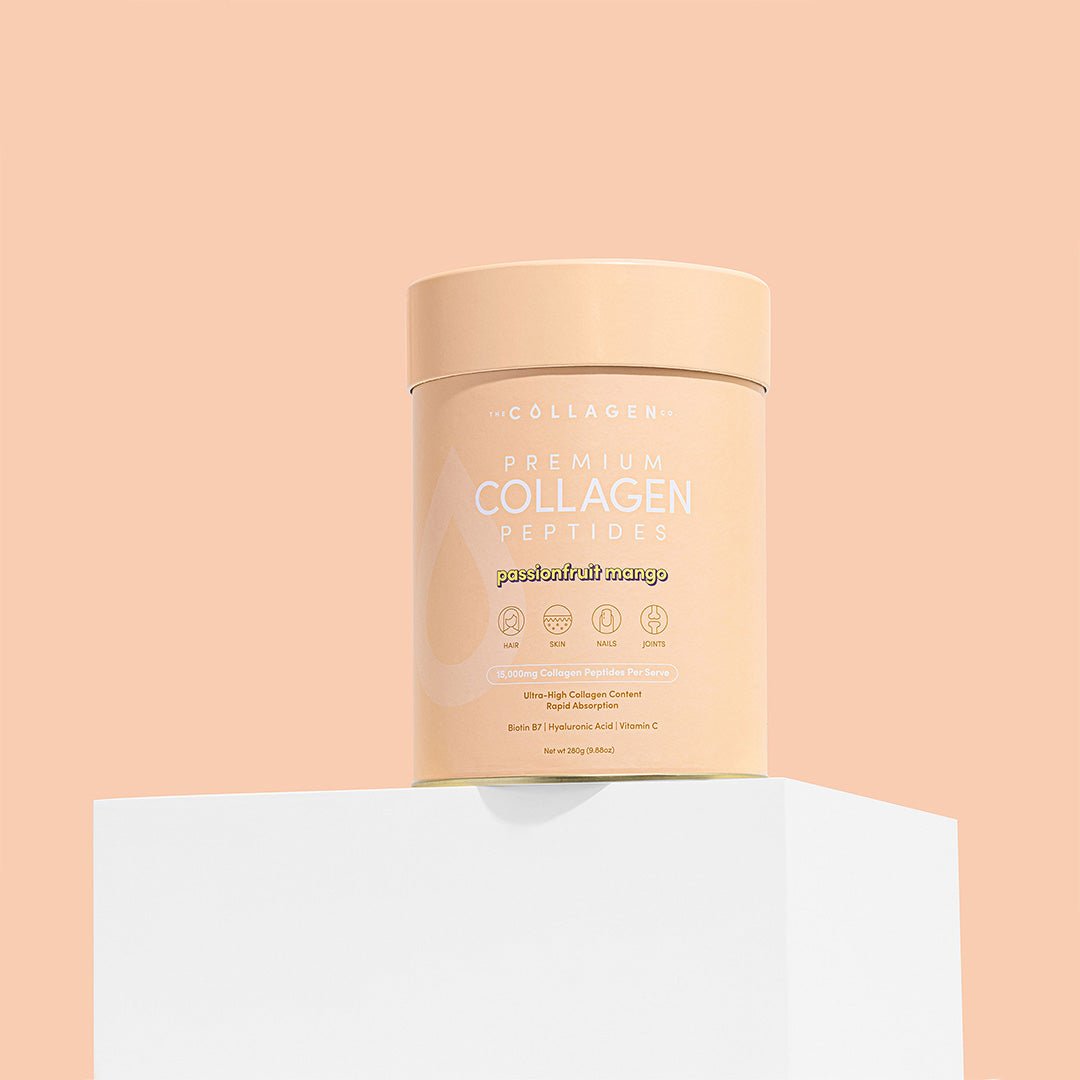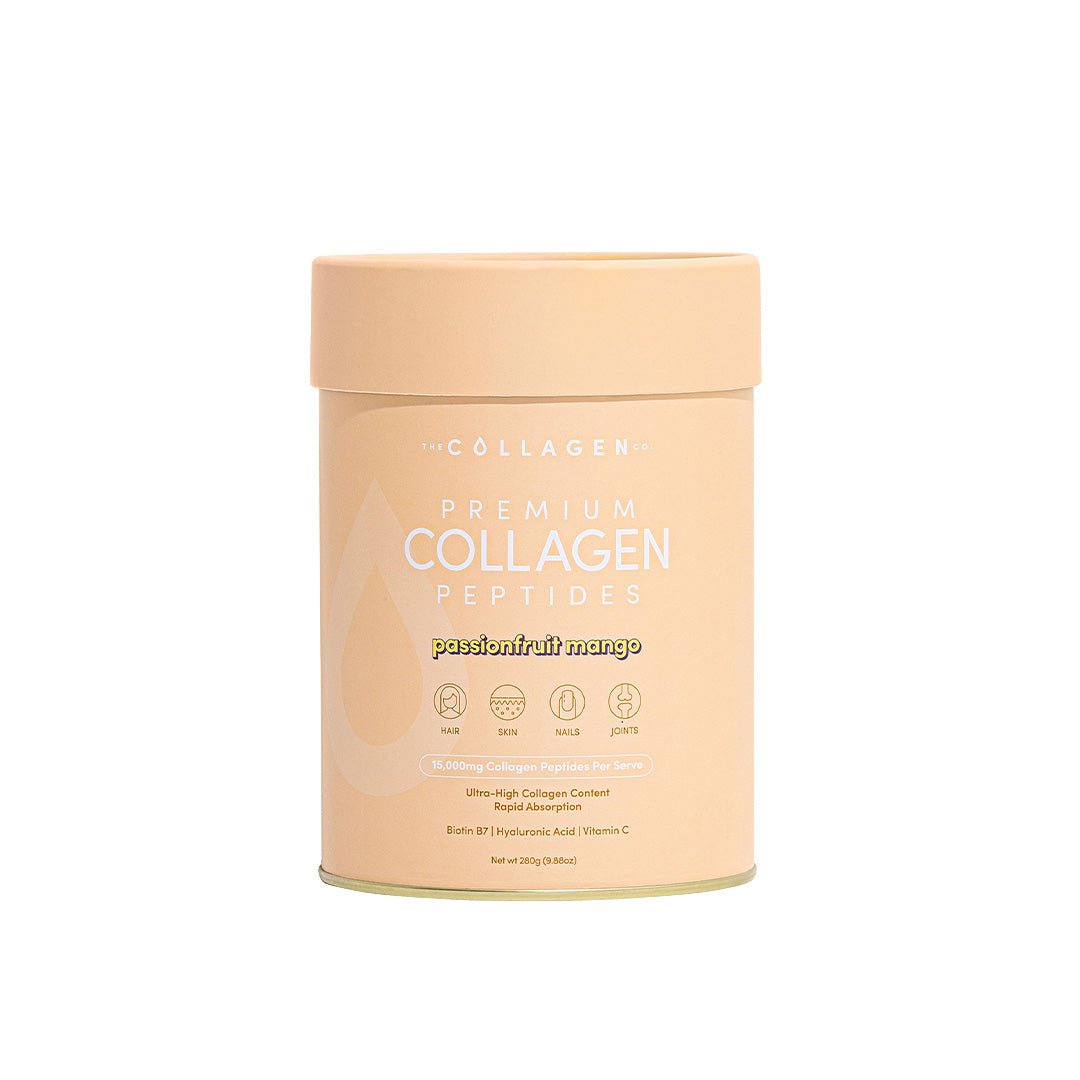Is It Safe to Take Collagen While Breastfeeding?
Posted 1st March 2022

It’s not a secret. Maternal diet can influence the breast milk composition that eventually ends up in a baby’s system. That’s why you’re advised to limit their consumption of fish high in mercury, alcohol, and caffeine when breastfeeding. Unfortunately, there isn't much information beyond these three commonly cited foods to avoid while nursing. Take collagen, for example. You know that it’s pregnancy-safe. But now that your baby’s out … can – and should – you take collagen when nursing? Continue reading to find out.
Collagen can help you while breastfeeding
First things first. There is currently no evidence suggesting collagen supplementation to be harmful to either a breastfeeding mum or her baby. And, perhaps more importantly, there’s even research highlighting collagen’s potential health benefits to breastfeeding moms.
#1: Helps you meet daily protein intake requirements
Human milk consists of 87% water, 1% protein, 4% lipid (i.e., fat), and 7% carbohydrate. Don’t think 1% protein sounds like much? Then consider newborn babies’ need to be breastfed between 8 to 12 times per day. That adds to plenty of milk – and, obviously, protein that your body will have to produce. For this reason, this recent 2020 study suggests that the protein requirements for exclusively breastfeeding women should range between 1.7 to 1.9 grams per kg of body weight daily. So, a breastfeeding mum weighing 60 kg will need roughly 102 to 114 grams of protein daily.
For reference: a single serving of boneless, skinless grilled chicken breast only contains 26 grams of protein. Bearing that in mind, the challenge of meeting this protein requirement should become apparent. Thankfully, that’s where collagen supplementation comes in. As a complete protein source, collagen helps “fill in the gaps” for you – making hitting your daily protein intake requirements an absolute breeze.
#2: Supports wound healing
In addition to being an excellent protein source, collagen also plays a key role in wound healing. Its synthesis and deposition around the damaged tissue help “close” the wound and re-establish tissue integrity. But how is this helpful for breastfeeding mums? Answer: by promoting their recovery from birthing. This is particularly relevant for those who've undergone a cesarean delivery – a surgery where an incision is made through the abdominal wall to deliver a baby. And, of course, mums who've experienced any tearing during the vaginal delivery process (e.g., episiotomy or natural perineal tears) can also stand to benefit from collagen’s “healing properties”.
Ultimately, the quicker you recover from giving birth to your baby, the better position you’ll be to nurse the little one – be it physically or mentally.
#3: Counters postpartum hair loss
Postpartum hair loss happens because your hormones – like estrogen and progesterone – rise considerably during pregnancy, reducing the normal loss of hair (helping you look like you could be in a Herbal Essences commercial). But, alas, your hormone levels drop once your baby arrives, and your hair makes up for “lost time” by falling out in much bigger clumps than usual. But don’t fret. While you can’t stop postpartum hair loss, you can control it. How? One word: collagen.
Collagen is rich in proline – the main component of keratin, a protein that makes up your hair. So, the consumption of collagen should provide your body with the building blocks it needs to create new hair that’ll replace all that “catch-up hair loss”, putting you back on the path to luscious, enviable locks.
Be mindful of the collagen source
Bottom line? It’s safe to take collagen while breastfeeding. Still, as what you ingest could end up in your breast milk, detailed screening on your part when it comes to the specific supplement you go for is warranted. A good collagen supplement should be non-GMO, gluten-free, and free from artificial colours, sweeteners, and flavours.
But where, exactly, can you find high-quality collagen supplements that tick all these boxes? Well, we have them right here on The Collagen Co. Safe and effective; good-for-you, good-for-baby.
